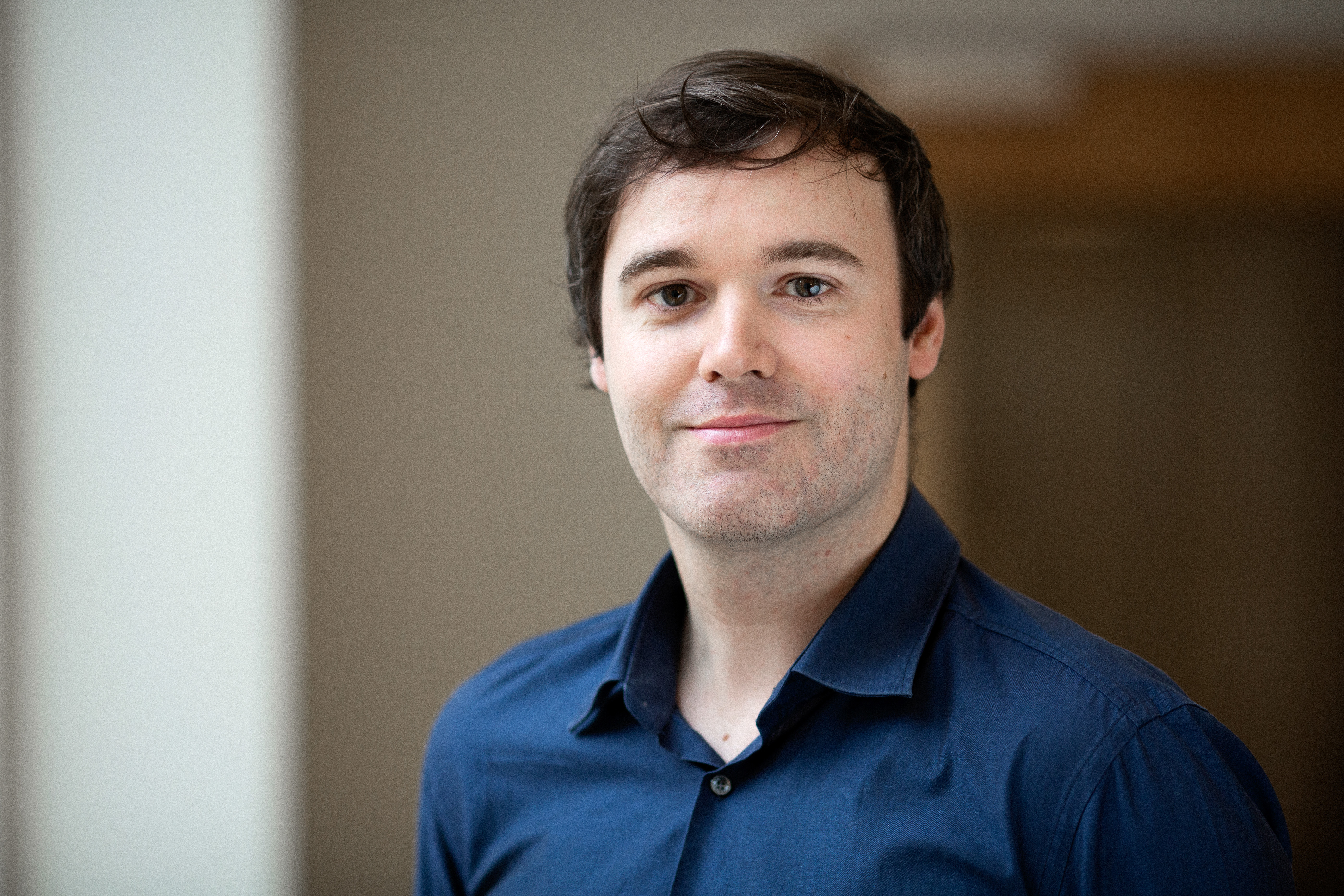Patients say “Yes..ish” to the use of AI in dentistry
As artificial intelligence (AI) continues to be integrated in healthcare, a new multinational study involving Aarhus University sheds light on how dental patients really feel about its growing role in diagnostics. The verdict? Patients are cautiously optimistic welcoming the potential benefits of AI but drawing a firm line: humans must stay in charge.

Smile – you’re on camera. Most of us have probably tried resting our jaw in an X-ray machine while a highly trained dentist examines whether everything looks as it should. But with the rise of artificial intelligence (AI), it’s increasingly likely that it will be a computer, not a human, interpreting those images. A quiet revolution in dental care is underway. But how do patients actually feel about this shift? That’s exactly what researchers from Aarhus University set out to investigate.
The research explored patients attitudes toward the use of AI in reviewing dental imaging, an area with increasing adoption whereas little is known about how patients perceive it. “We saw a gap in the conversation,” explains Associate Professor Ruben Pauwels, from the Department of Dentistry and Oral Health at Aarhus University. “Dentists and technologists are often the focus—but patients' voices matter if AI is to be successfully implemented.”
Overall, patients viewed AI as a useful diagnostic support tool that can enhance accuracy and efficiency. Yet the study revealed persistent concerns—especially around data privacy and the fear that AI might drive up healthcare costs rather than reduce them. Crucially, the overwhelming majority of participants insisted that AI should not operate without professional human oversight.
The study also highlighted cultural nuances among the six countries involved. Brazilian participants, for instance, were more open to AI replacing dentists in some situations—perhaps reflecting frustrations with long wait times and uneven care quality in the country’s health system.
The patients’ view actually mirrors those of the dental professionals. Previous research shows that dentists welcome AI’s potential but underscores the need for ethical safeguards and rigorous validation before full-scale adoption.
A tool – not a replacement
According to Ruben Pauwels the study shows that it is important to both treat AI as an auxiliary tool to use in healthcare but be mindful that it cannot replace human expertise.
“Our findings also show how important it is to communicate clearly about when and how we use AI and actively seek out educational opportunities for both professionals and patients to understand AI capabilities and limits. Lastly, we have a responsibility to continuously evaluate and validate AI systems to ensure their reliability and effectiveness in clinical practice.”
Looking ahead, researchers expect public attitudes to evolve as AI becomes more common and better understood. And Aarhus University is already preparing: Starting in 2026, AI training will be part of the dental curriculum, and the team is developing communication tools to help clinics explain AI’s role to patients clearly and objectively.
The research - more information
- Studytype: Multinational cross-sectional observational survey
- Collaborators: Collaborators at Aarhus University: Ruben Pauwels and Rubens Spin-Neto
International collaborators: Camila Tirapelli (University of São Paulo) & four other institutions - External funding: None
- Conflicts of interest: None
Contact:
Associate Professor Ruben Pauwels
Department of Dentistry and Oral Health, Health, Aarhus University
Mail: ruben.pauwels@dent.au.dk
Phone: +45 87150003